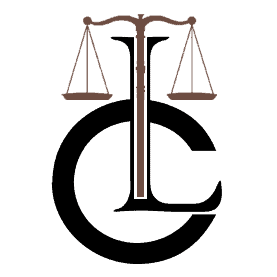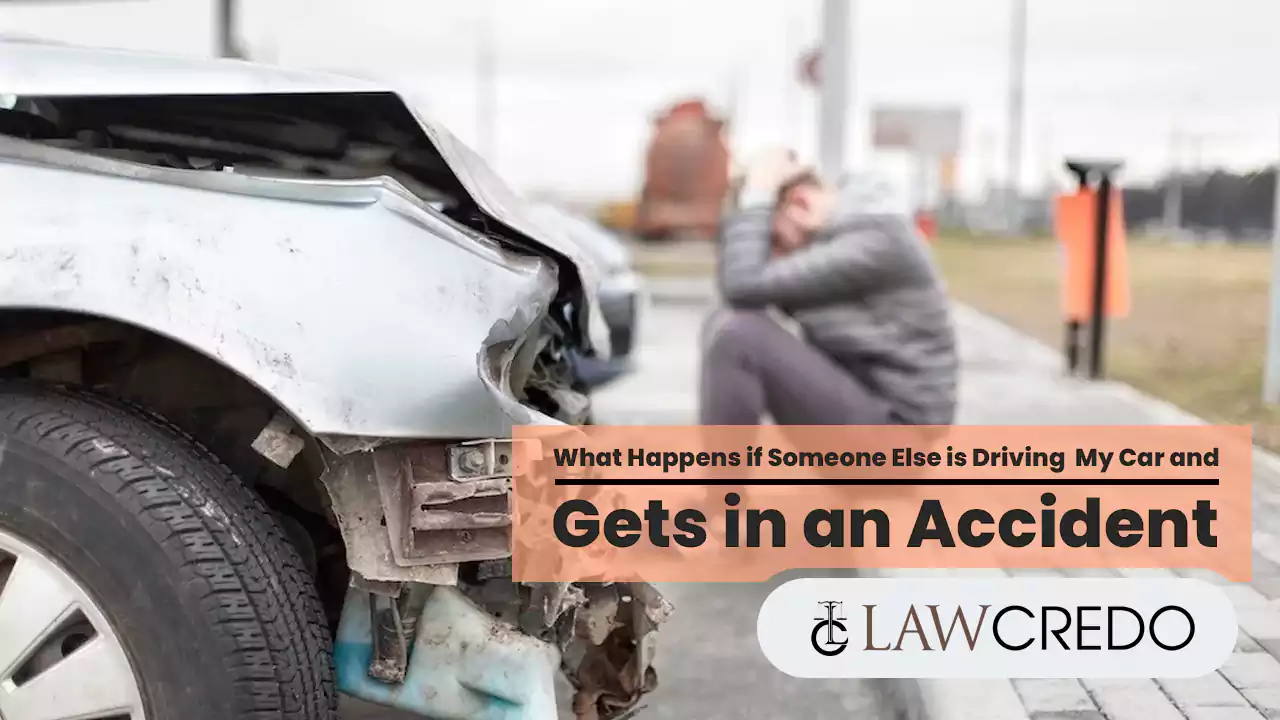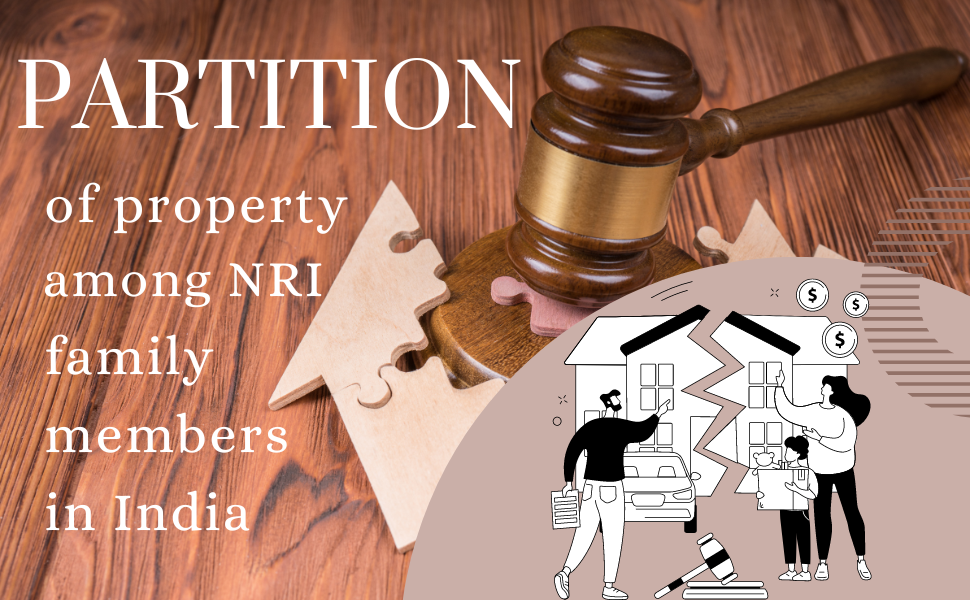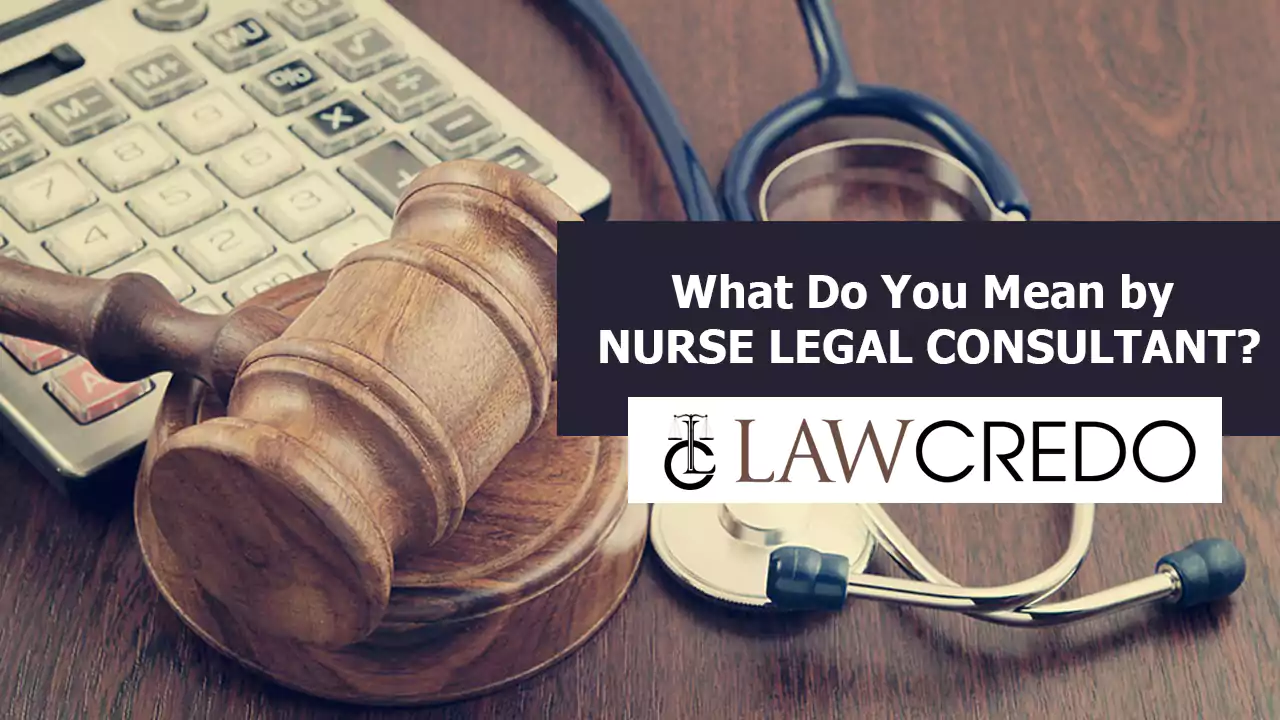When the person you lent your car to calls and says they were in a car accident, it's a bad situation. Everyone is okay, but the car has suffered significant damage. What will happen now?
Most drivers don't know whose insurance to use or which person makes a claim. Is it the car owner or the driver? Will the insurance cover the damages or deny your claim because you lent someone your vehicle?
Knowing all the facts about your auto insurance policy and what to do when someone else is driving your car is in your best interest.
What To Have for Insurance Coverage
In most states, auto insurance follows the vehicle rather than the driver, so any damage claims will undoubtedly be handled through your insurance, regardless of who was driving. However, not all insurance providers are the same, and different states have different requirements. It's always a good idea to double-check your state's specifications.
- Auto Liability Insurance– Liability insurance pays for bodily injury and property damage of the other party when the driver is at fault. If the injuries sustained cost more, the at-fault driver is responsible for the difference. If the other driver was at fault, they would use their own liability insurance to pay for your injuries or property damage. Most states require this insurance coverage to drive your vehicle. Most insurance providers have a maximum amount that can be covered.
- Collision Coverage – Collision insurance covers accident repairs to your vehicle. This can include collision with:
- Another Vehicle
- Telephone Poles
- Guard Rails
- Fences
- Signs
- Trees / Shrubbery
- Homes / Other Buildings
Based on your insurance policy, they may also cover damage caused by a flipped vehicle, a hit and run, or a pothole.
Most insurance providers will not cover natural disasters, bodily injury costs, accidents with an animal, or pedestrians under collision coverage.
- Medical Payments Coverage – This optional coverage can provide you and passengers with payment for qualified medical expenses, regardless of who is at fault. They can cover expenses, such as:
- Ambulance Costs
- Doctor and Hospital Visits
- Copays and Deductibles for Health Insurance
- Surgery, X-rays, and Prosthetics
- Professional Nursing Services
Most of these insurance coverages have minimum coverage amounts, with the option of additional coverage for a higher premium.
Permission Use
If your car's driver is at fault, the insurance company will investigate the permission to use clause in your policy. This is who is and isn't permitted to use your vehicle. Based on the findings, they will decide if you are responsible for damages or if they are.
- Permissive Use – These are drivers you have permitted to use your vehicle. Some insurance providers require that they be listed on your policy, while others only require household members to be listed by name. If you have someone who regularly borrows your car, it might be best to have them named on the policy for these purposes. If you've permitted them to drive your vehicle, your insurance will cover damages
- Non-Permissive Use – Drivers who don't seek your permission, such as a friend who didn't ask or if your car was stolen, are held responsible for the damages and will have to go through their insurance. If they do not have insurance, you may still have to file a claim with your insurance to cover the damage.
- Excluded Driver – Drivers in your household can be excluded from your insurance policy. This can be due to their age if they are a beginner driver or someone with multiple infractions. Your insurance will most likely deny the claim regardless of whether you permitted them, as they were not supposed to drive the vehicle.
- Driver Under The Influence - Your insurance will most likely not cover the damage to your car if you lend it to someone who causes an accident while driving under the influence, as this may violate the conditions of your policy. If you knowingly let them drive under the influence, there could be a loss of coverage or a huge premium increase.
Is There Enough Coverage?
There is a possibility that the damage incurred to your vehicle can't be covered entirely by your insurance. This can be due to the maximum coverage allowed by your policy, or you only purchased this amount of coverage through your insurance provider. If there are additional costs, they can either be taken out of your pocket, or the driver's insurance can also be used to cover the difference.
Even if your policy limits are sufficient to satisfy a claim, your insurance company may pursue reimbursement from the driver's insurance. Your insurance company may pay the entire accident claim but could contact the driver's insurance company to recover some of the costs.
Document Everything
If there is an accident, you need proof of whether the driver of your vehicle had your permission to drive your car. This isn't always easy to prove they didn't, as there isn't much evidence to say if you did or not. So always have proof of who had taken your vehicle and document everything about when and why they took it.
Should there be an accident, ensure they have gotten all the essential information from the other driver about their insurance. Even if they weren't at fault, your insurance provider would most likely want to know their coverage in case your policy doesn't cover all the costs.
Anytime you are unsure about your policy or what happens in the case of an accident, it's always best to reach out to professionals. Speaking to a Boston personal injury lawyer is never a bad idea, as most offer a free consultation to see if a case is warranted. This can help protect you should your friend not want to pay you for the accident they caused. Legal Assistance can also help discuss your policy with your insurance provider and ensure they are paying out everything they should.
When paying car insurance, you get to decide who drives. As much as we want to trust our friends and family, you must know their driving records and if they have their own insurance. Don't be afraid to be picky if someone is known to be careless with their vehicle.
 Law Credo
Law Credo






